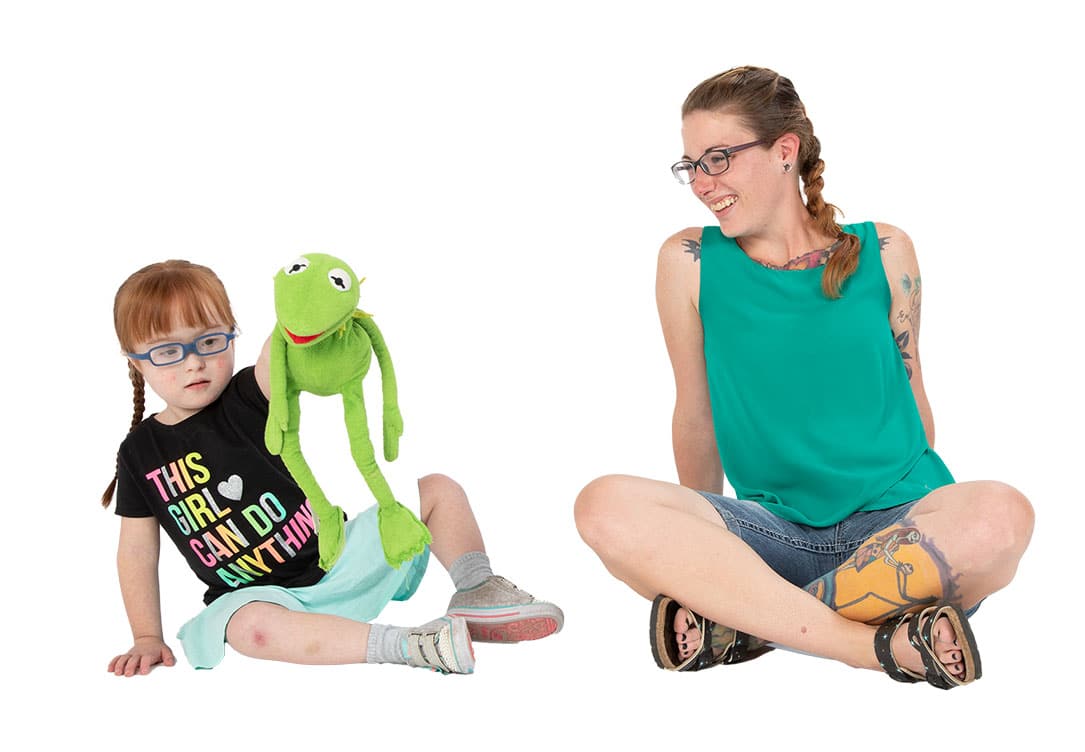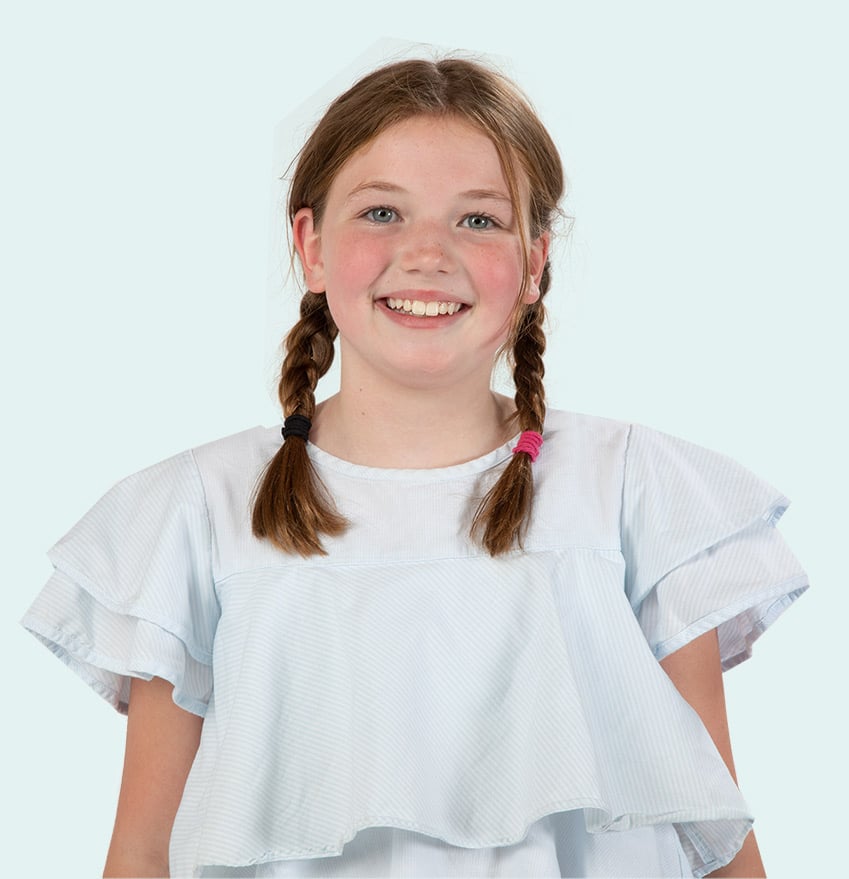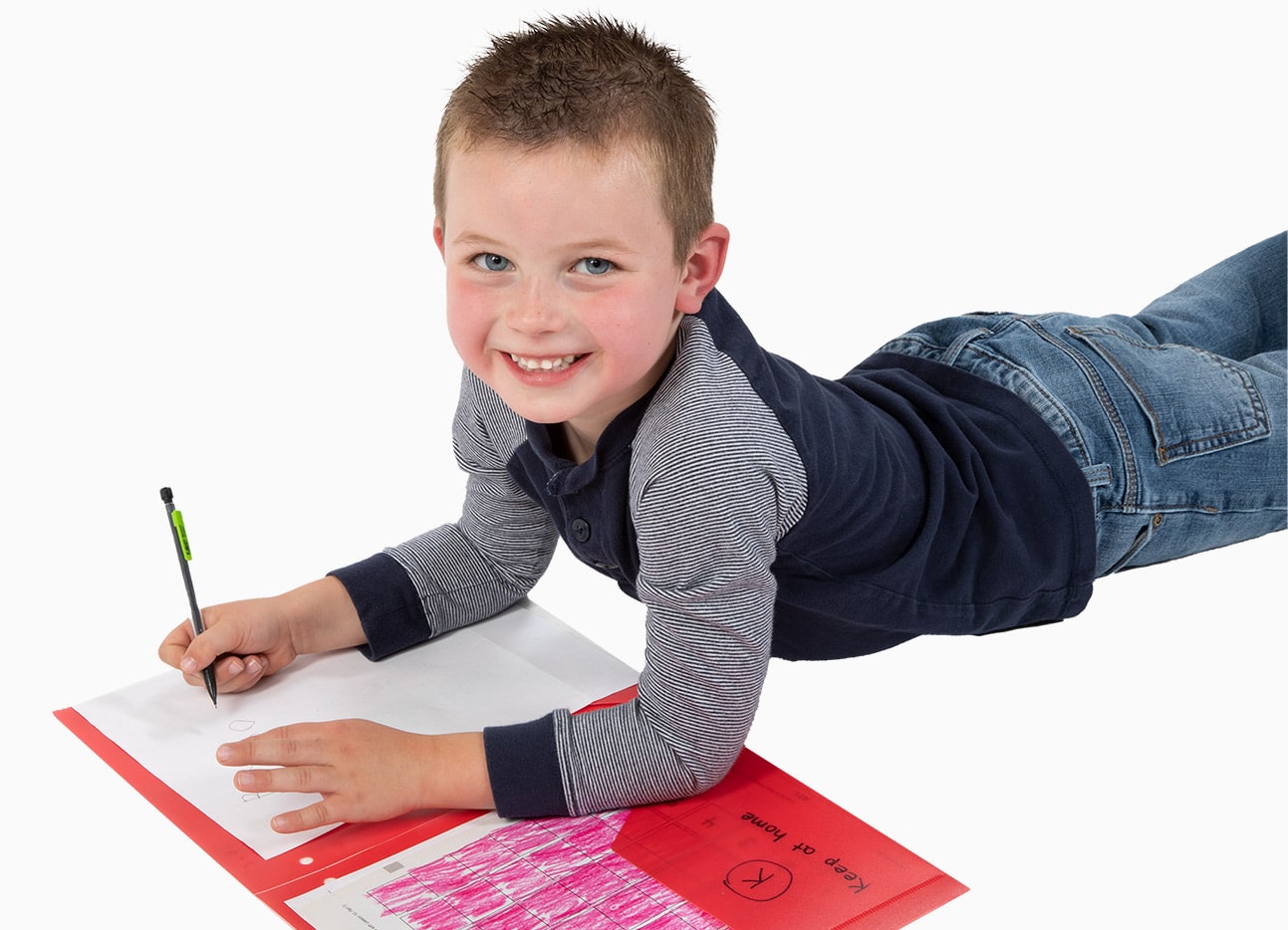Pediatric Speech Therapy
The Leader in Pediatric Speech-Language Therapy
Solace Pediatric Healthcare is the leading provider of pediatric nursing, family caregiver, occupational, physical, speech and feeding therapy services. Since 2005, our clinicians have provided pediatric speech therapy to children from birth to 21 years of age.
Our mission is to support you and your family in providing professional clinical evaluations, treatment options, resources and information so you feel empowered to make the best decision for your child and family. An ACHC-accredited company, we continuously demonstrate our commitment to quality, positive patient outcomes and safety.

Benefits of Pediatric In-Home Speech-Language Therapy
We provide personalized, home-based pediatric speech therapy services for children with short term to acute diagnoses. We provide speech therapy for children in a nurturing environment that promotes those we serve to grow, learn, play and thrive while receiving care in the security of their home. Our team of specialists works with the family, physicians and specialists to create the best individualized plan for your child.
When you or your physician contacts Solace Pediatric Healthcare with a speech-language concern, we will schedule a comprehensive evaluation with one of our SLPs in your home. Our SLPs will thoroughly discuss the evaluation, recommendations, options, individualized goals and assist you in working with your child at home. We treat a variety of speech-language conditions and disorders, including:

Articulation disorder – An articulation disorder are speech sound errors that are often consistent for a certain sound or sounds. For instance, saying the “w” sound instead of the “r” sound (“Wabbit” instead of “Rabbit”); leaving off a sound like saying “at” instead of “that” or when a sound seems distorted. Speech sound errors are consistent for a certain sound or sounds, like the letter “s” or “t.”
Phonological disorder – A phonological disorder are speech sound errors that are predictable and follow a pattern. An example is when a child leaves off the last syllable of a word. For instance, they may say “bo” for boat and “duh” for duck.
Auditory processing disorder (APD) – Individuals with APD typically have normal structure and function of the outer, middle and inner ear, but they are unable to process the information they hear in the same way others do. This leads to difficulties in recognizing and interpreting sounds, especially the sounds composing speech.
Fluency disorders – A fluency disorder causes problems with the flow, rhythm and speed of speech. Stuttering and cluttering are types of fluency disorders.
Receptive language disorder – A child with receptive language disorder has difficulties with understanding what is said to them.
Expressive language disorder – This is a disorder in which there are difficulties with verbal and written expression. This can include problems with vocabulary, producing complex sentences and remembering words.
Neurological disorders – Common neurological disorders include cerebral palsy, attention deficit hyperactivity disorder (ADHD), epilepsy, autism and stroke.
Fluency disorders – Stuttering, cluttering, smooth rate of speech
Speech delays – Atypical speech and language development.
Oral motor and feeding skills – Oral motor and feeding therapies address issues related to drinking, chewing, biting and swallowing. It can also address sensory issues, including tolerance of the smell, feel and taste of foods. Feeding therapy is play-based and can occur in an individual or group format.
Speech apraxia/dyspraxia – Apraxia is a neurological condition that affects the muscles of the mouth, including the tongue, jaw, cheeks, palate and lips. This condition prevents a child from producing intelligible spoken language.
Non-verbal and verbal communication skills – Verbal communication uses words and sounds. Non-verbal communication uses gestures, behaviors and expressions.
Augmentative & alternative communication methods – This encompasses the communication methods used to supplement or replace speech or writing for those with impairments in the production or comprehension of spoken or written language.
Voice disorders – Voice disorders are noticeably different to the voices of others who are the same age and sex. Children with voice disorders may have harsh or hoarse voices, or voices that are too high or low, too loud or too nasal.
Social communication disorder – A social communication disorder is any disorder that affects an individual’s ability to comprehend, detect or apply language and speech to engage in communication effectively with others.
Aural rehabilitation services – This service includes activities to increase awareness of sound, identify sounds, identify the difference between sounds and attach meaning to sounds.
Communication for children with hearing impairment or cochlear implant.
Social communication disorder – A social communication disorder is any disorder that affects an individual’s ability to comprehend, detect or apply language and speech to engage in communication effectively with others.
Feeding and Swallowing
All children must learn the process of eating and swallowing. They start by sucking and then learn how to eat solids and drink liquids. Most children learn eventually; however, a child with a disorder will continue having trouble with the process or extreme “pickiness.” Medical or physical conditions may be the cause or complicate the disorder. Our team of pediatric occupational therapists, physical therapists and SLPs also specialize in feeding and swallowing therapy in your home.
A child who has dysphagia (difficulty swallowing) may have difficulty with one or more of the following phases:
- Oral phase. Sucking, chewing, and moving food or liquid into the throat. Feeding is also a part of the oral phase.
- Pharyngeal phase. Starting to swallow and squeezing food down the throat. The child needs to close off the airway to keep food or liquid out. Food going into the airway can cause coughing and choking.
- Esophageal phase. Opening and closing the esophagus, or the tube that goes from the mouth to the stomach. The esophagus squeezes food down to the stomach. Food can get stuck in the esophagus. Or, a child may throw up a lot if there is a problem with the esophagus.
According to the American Speech-Language and Hearing Association (ASHA) the signs of feeding and swallowing disorders are:
- Arches back or stiffens when feeding
- Cries or fusses when feeding
- Falls asleep when feeding
- Has problems breastfeeding
- Has trouble breathing while eating and drinking
- Refuses to eat or drink
- Eats only certain textures, such as soft food or crunchy food
- Takes a long time to eat
- Has problems chewing
- Coughs or gags during meals
- Drools a lot or has liquid come out her mouth or nose
- Gets stuffy during meals
- Has a gurgly, hoarse, or breathy voice during or after meals
- Spits up or throws up a lot
- Is not gaining weight or growing
What if my Child Needs Pediatric Speech-Language Therapy?
If you or your child’s school or pediatrician have concerns, the first step is to schedule a comprehensive evaluation with a pediatric speech-language pathologist. At the evaluation, our therapists will conduct the evaluation and thoroughly discuss with you results, recommendations and options. If speech therapy is recommended, your pediatric speech-language pathologist will create individualized goals and ongoing treatment plans for your child.
If you would like to schedule today, you can either contact us via phone, or refer your child online and we will contact you. You may also reach out to us with questions by contacting us.
We offer comprehensive pediatric speech-language therapy services in the following locations.
